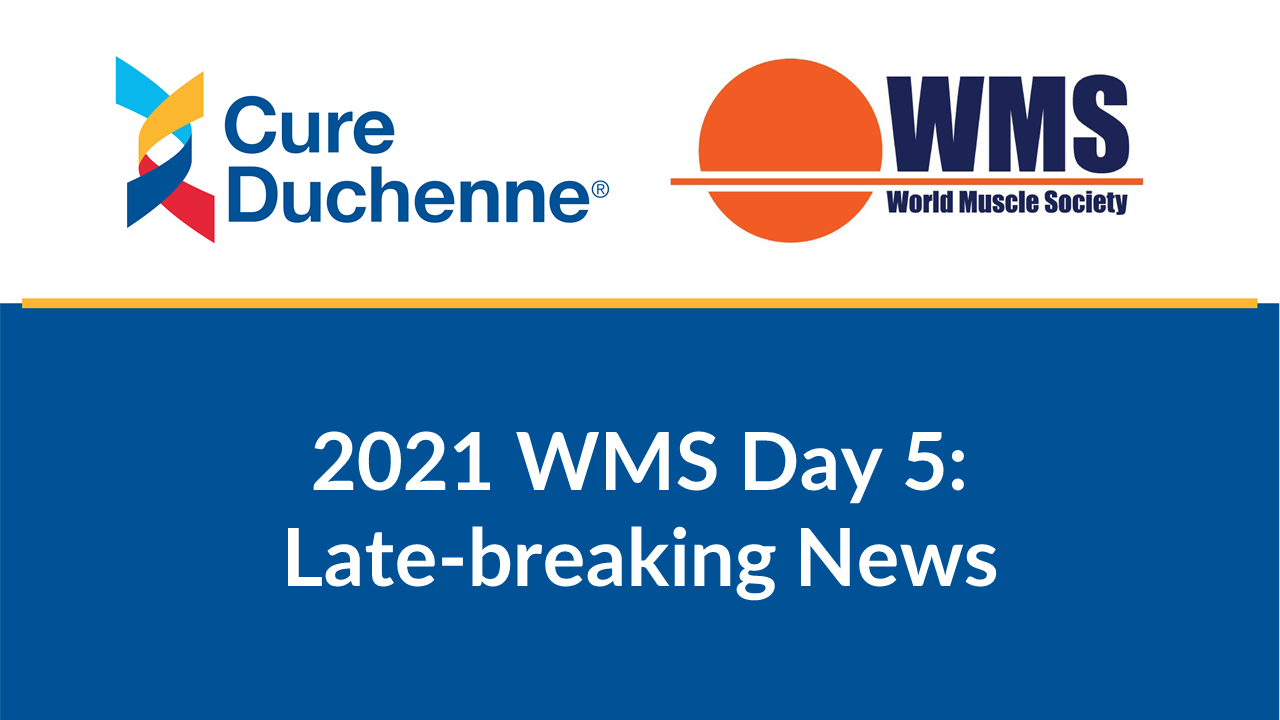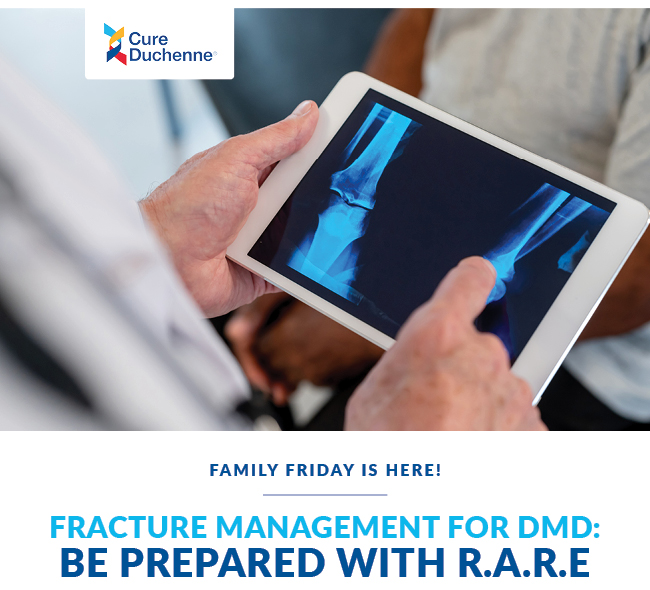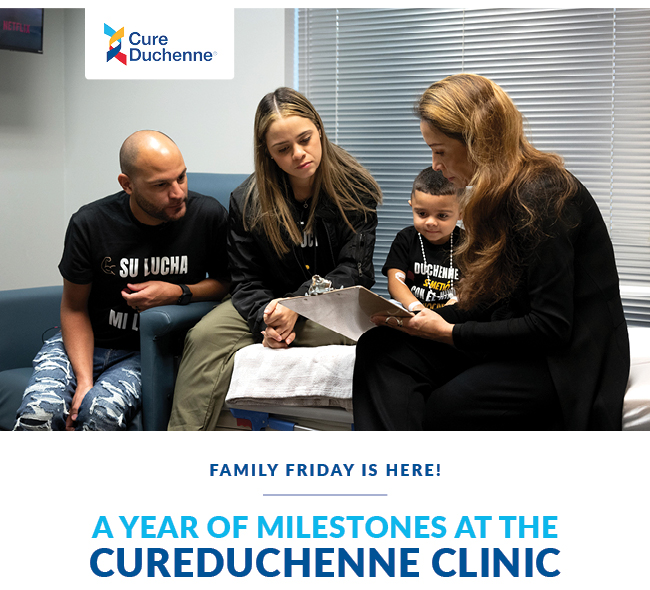WMS 2021 Day 5: Late-breaking News

In WMS 2021’s final day and “late-breaking news” session, Capricor Therapeutics announced positive final data from its Phase 2 HOPE-2 clinical trial in Duchenne patients treated with CAP-1002.
HOPE-2 was a randomized, double-blind, placebo-controlled study conducted across nine US sites, and patients (10 years or older) were treated via intravenous delivery with either CAP-1002 or placebo every 3 months. Data from a total of 20 patients demonstrated significant improvements in both skeletal and cardiac measurements over the 1-year treatment period (see table).
Final Efficacy Results
| 12-month Difference in Change from Baseline† | ||
| Δ, CAP-1002 vs. Placebo (n=8 drug, n=12 placebo) | p-value | |
| Skeletal Muscle (Upper Limb Function) | ||
| Mid-level PUL (version 1.2) | 2.6 | 0.01 |
| Shoulder + Mid + Distal PUL (version 1.2) | 3.2 | 0.02 |
| Shoulder + Mid + Distal PUL (version 2.0) | 1.8 | 0.04 |
| Cardiac Function | ||
| LV Ejection Fraction % | 4.0 | 0.002 |
| LV End Diastolic Volume, Indexed mL/m2 | -12.4‡ | 0.03 |
| LV End Systolic Volume, Indexed mL/m2 | -4.2‡ | 0.01 |
| Creatine Kinase-MB (% of total CK) | -2.2‡ | 0.02 |
The HOPE-2 clinical trial met its primary efficacy endpoint of mid-PUL v1.2 (p=0.01) as well as various skeletal and cardiac endpoints (full PUL v2.0 (p=0.04) and cardiac endpoint of Ejection Fraction (p=0.002)), suggesting clinically relevant slowing of disease progression and significantly improved cardiac function in this older (ambulant and non-ambulant) patient population.
The company is currently planning to conduct a HOPE-3 pivotal trial leading to registration and subsequent commercialization of CAP-1002.
Other “late-breaking news” posters
- Collaborative effort pooling data from 6 different natural history datasets, to estimate the North Star Ambulatory Assessment (NSAA) changes over 1 year for each of 4 different types of exon skipping-amenable DMD genotypes. The goals were to gain a more precise understanding of genotype effects on changes in function from baseline (rather than the more widely appreciated genotype effects on ages at clinical milestones) in order to inform clinical trial design, including sample size and use of genotypically unmatched controls.
- Report from Antisense Therapeutics that their immunomodulatory candidate drug, ATL1102, that showed stabilization of upper limb function and strength in a Phase 2 trial in 9 individuals non-ambulant individuals with Duchenne, was associated with modulation of blood levels of latent TGF-beta-binding protein 2 (LTBP4) and thrombospondin 1, two known DMD genetic modifiers.
- Analysis of muscle-specific serum-derived biomarkers in Becker muscular dystrophy (BMD) over 3 years showed that higher Creatine/Creatinine ratio and lower Myostatin were strongly associated with disease severity, but not disease progression, raising the possibility these measures may be used as candidate biomarkers for monitoring therapeutic response in BMD.




